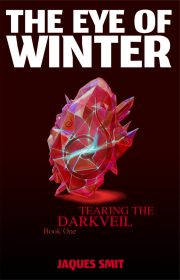Story Cake
by Sylvia Spruck Wrigley
The popular advice for writers is to write your first draft for just one person and then to revise for the world. Your voice, they say, should be personal and true and deep but the story itself must have mass-market appeal. This is a rainbow I chased for a long time. Lately, though, I’m starting to question the simple assumption that success is measured by the number of readers.


